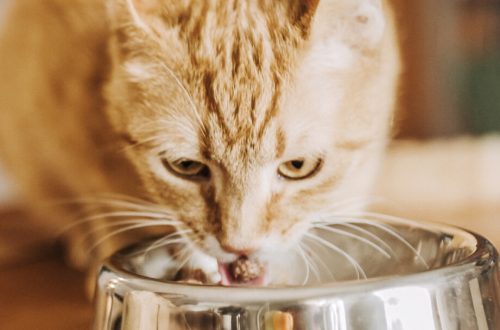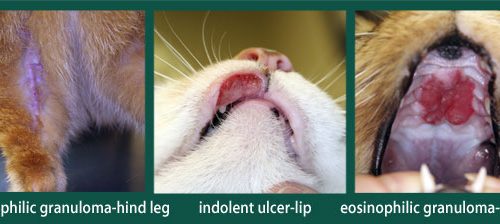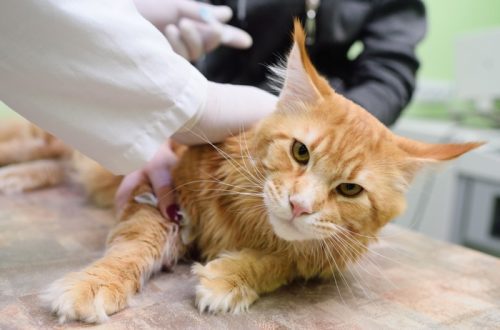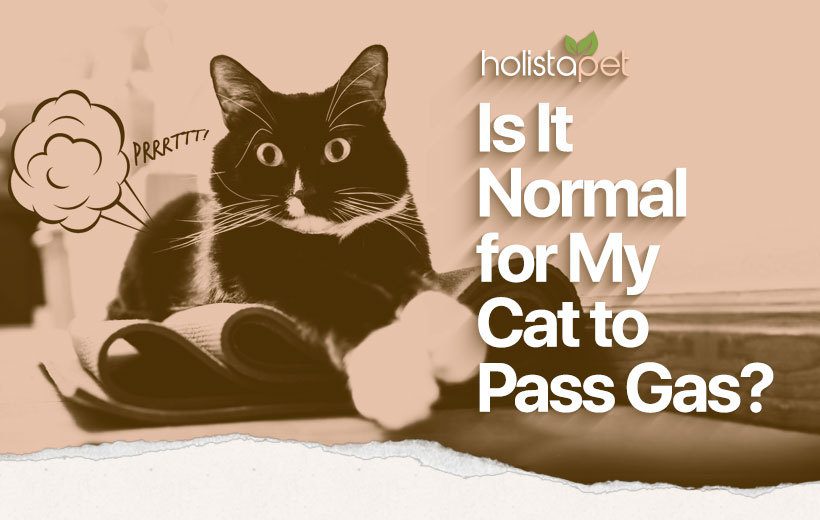
Can cats pass gases?
Do cats fart? This may not be the best topic for a dinner table discussion, but flatulence in cats does happen.
Flatulence, like many other conditions of the gastrointestinal tract, is a natural phenomenon in animals. Though not as often and not as loudly as dogs and people, but the cat also lets gases.
Why does a cat have gas
Flatulence usually results from a buildup of gas in the digestive system, which is then expelled from the body. In most cases, cats fart if they swallow too much air. Also, flatulence can be associated with allergies or the composition of the food consumed.
Allergies to dust, pollen, and pests such as mites and fleas can also cause digestive problems, including vomiting, flatulence, or diarrhea, and flea allergies are fairly common. But if the cat farts frequently, you should consult your veterinarian before starting any treatment.
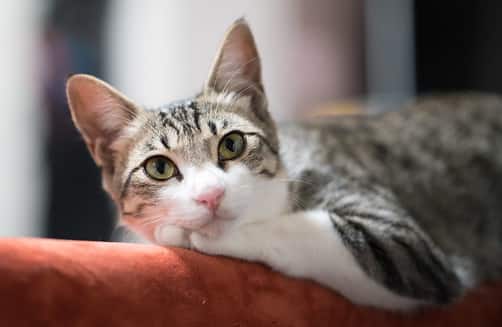 Food allergies or digestive sensitivities can also contribute to excessive gas. In fact, one of the main reasons a cat farts is the food it eats. In their nutritional guidelines, the World Small Animal Veterinary Association (WSAVA) describes flatulence as “altered gastrointestinal function” and includes it on their global Nutrition Screening Risk Factors checklist for veterinary nutritional assessment.
Food allergies or digestive sensitivities can also contribute to excessive gas. In fact, one of the main reasons a cat farts is the food it eats. In their nutritional guidelines, the World Small Animal Veterinary Association (WSAVA) describes flatulence as “altered gastrointestinal function” and includes it on their global Nutrition Screening Risk Factors checklist for veterinary nutritional assessment.
The WSAVA nutrition score takes into account “snacks, treats, food from the human table, foods that are mixed with drugs, and dietary supplements” – that is, in fact, everything that enters the cat’s stomach.
Food and gases in cats
If the cat passes gas frequently, food may help. Choose a diet that includes the necessary vitamins and minerals appropriate for the size, age and activity level of the animal.
Fiber, for example, is very important for keeping a cat’s digestive system healthy, but too much can cause excessive gas. In some cases, your veterinarian may recommend a medicated cat food, such as Hill’s® Prescription Diet®, which is specifically formulated to help reduce digestive upset in cats.
If a cat farts a lot, that’s not the only reason you shouldn’t give her food from your table. According to the American State Association for Food Control (AAFCO), certain foods, including fruits, are safe for cats in moderation. But excess fiber affects the human body, increasing the appearance of gases. The same thing happens with the cat.
As AAFCO points out, while a pet may be able to tolerate some foods off the owner’s table, it’s best to use foods made specifically for furry friends. “Offering human food to a cat can lead to a nutritional imbalance because pet foods usually offer a completely balanced diet in one product. In addition, many foods that humans eat are toxic to cats and dogs.”
Be sure to consult your veterinarian before giving your cat human food.
Flatulence and health problems
In rare cases, a cat releases gases due to serious illnesses. Among them is trichomoniasis, caused by the pathogen Tritrichomonas foetus, an intestinal parasite that can produce gaseous, fetid feces, according to the North Carolina State College of Veterinary Medicine. If other signs of gastrointestinal distress are observed, including excessive diarrhea and vomiting, and the cat is farting with an odor, it should be urgently taken to a veterinarian to diagnose the underlying pathology.
But in most cases, gas in cats is not a cause for concern. This happens to them quite rarely, and cats are surprised no less than their owners. Fluffies are the very epitome of elegance, and owners won’t always hear or feel cat gases, as they are often odorless. Even flatulence in cats is subtle and delicate.
However, if there is any concern, a veterinarian should be consulted. He can recommend quality food for the fluffy beauty, which will properly take care of her digestive system.



